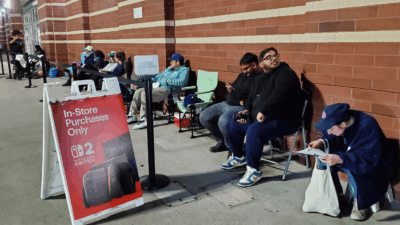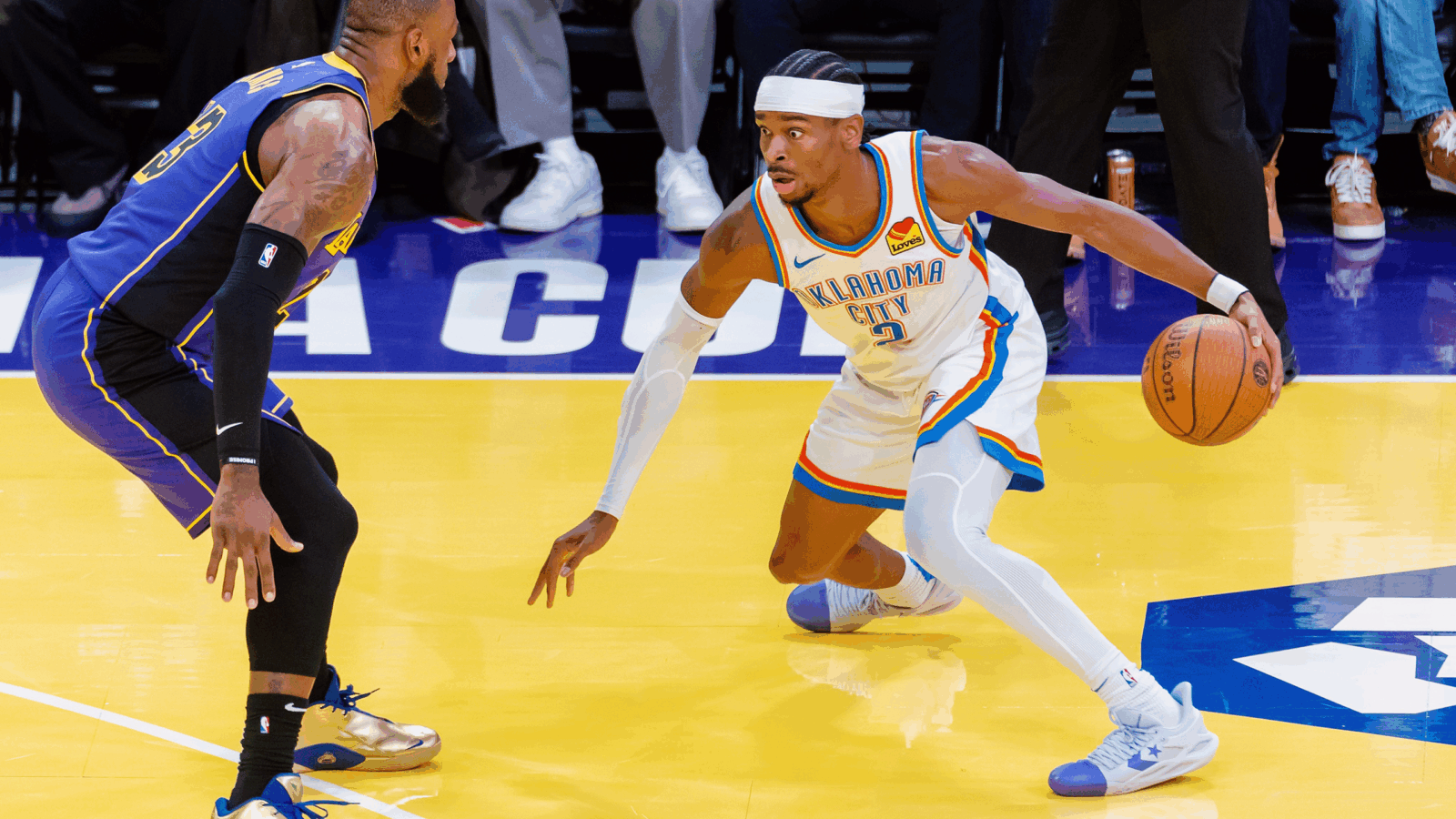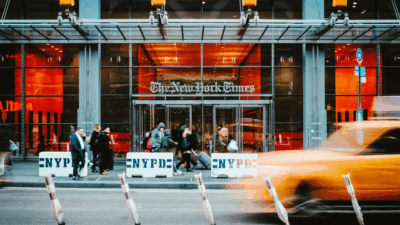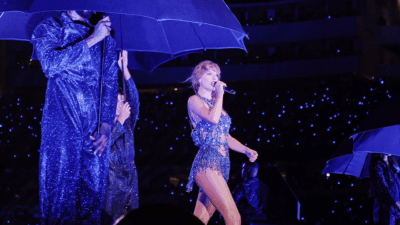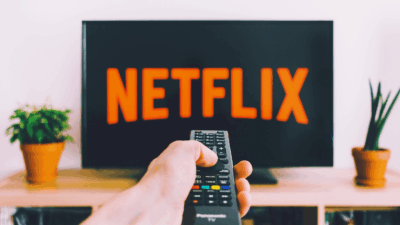Massive Class-Action Antitrust Lawsuit Against NFL Kicks Off
The plaintiffs argue the league made an anti-competitive agreement forcing fans to pay for out-of-market broadcasts in one package.
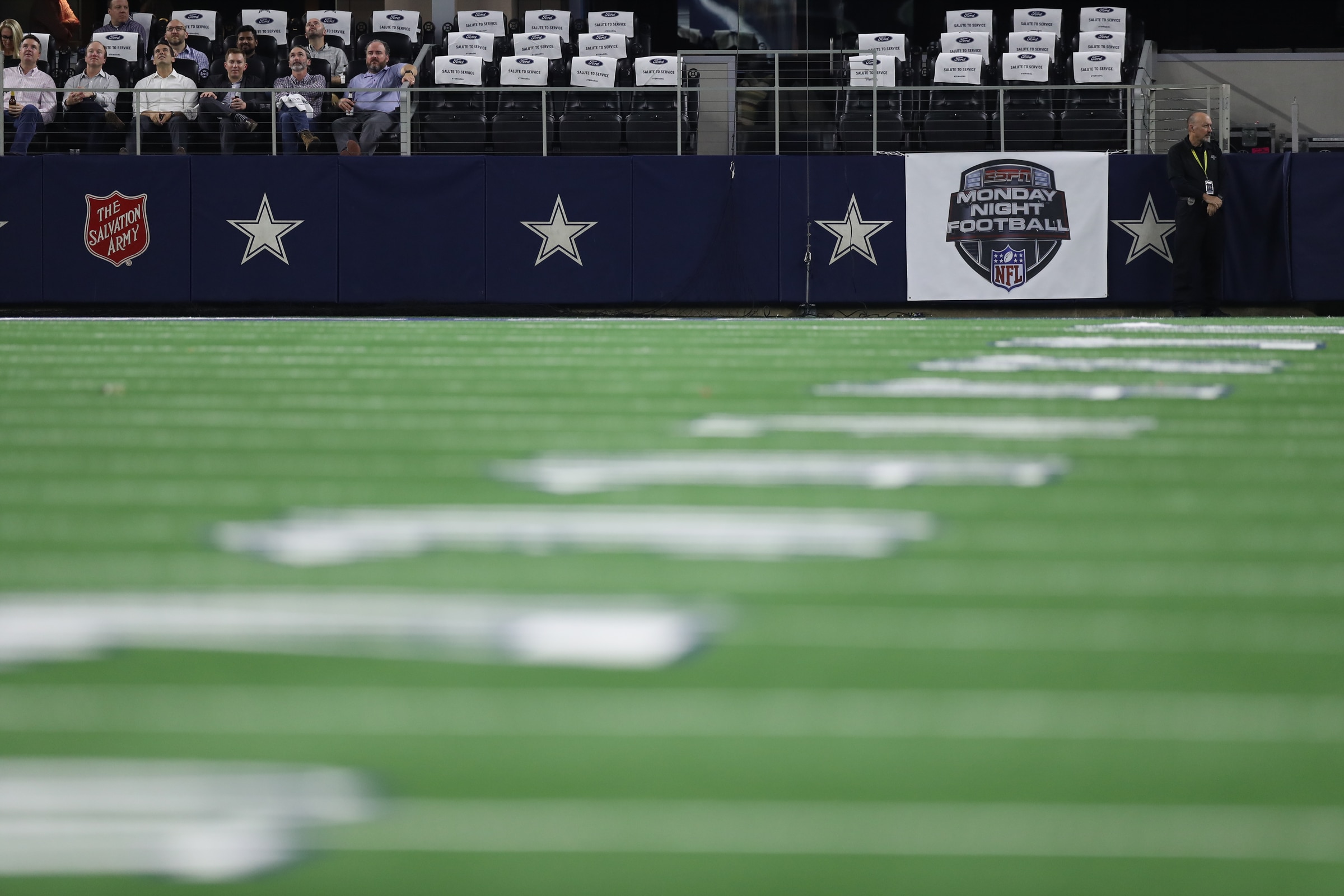
Sign up for smart news, insights, and analysis on the biggest financial stories of the day.
Is the NFL going to get flagged for an illegal formation?
On Wednesday, a class-action lawsuit years in the making that takes the National Football League to task for its out-of-market broadcast strategy finally kicked off. If successful, the case could cost the league up to $21 billion — and reshape a key pillar of its business model.
The Out-Of-Market Square Riot
The NFL’s broadcast model is fairly fan-friendly, at least if you’re a casual fan or live in your favorite team’s market, with local games plus three other out-of-market games piped over the airwaves for free every Sunday on Fox, CBS, and NBC. But for any die-hard who needs more than that — or, say, a lifelong Tampa Bay Buccaneers fan who moved to Seattle, where broadcast Bucs games are rare — the only option is NFL Sunday Ticket, which grants access to virtually every out-of-market game for the not-so-low price of $349 per year. The service was available only via DirecTV for years, before the NFL made YouTube the exclusive partner in 2023.
The class-action lawsuit, initiated by a San Francisco sports bar in 2015, now has over 2.4 million members and is alleging that the entire Sunday Ticket operation violates antitrust law:
- The plaintiffs argue that the NFL and its 32 franchises made an anti-competitive agreement to force fans to pay for all out-of-market broadcasts in one big package, rather than offer them piecemeal. Without such agreements, franchises could theoretically offer their games à la carte at a lower price, or certain teams could join together for smaller packages.
- The plaintiffs also allege that the league and its 32 franchises abused their market power to engage in a price-fixing scheme to boost the price of Sunday Ticket when negotiating terms with broadcast partners.
Free Safety: The NFL’s legal retort is likely to be as simple as a Cover 0 defense: Sure, each team is technically its own business entity, but the league is a trade association and can therefore collaborate with teams in broadcast negotiations — especially for a tertiary package designed only for die-hard fans. If the NFL loses, plaintiffs estimate the damages at $7 billion. Given it’s an antitrust case, those damages would therefore triple. A loss could also force the NFL to rejig its broadcast structure, which the league threatens could mean fewer free games. We’ll call that offsetting penalties.


